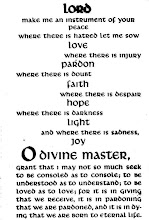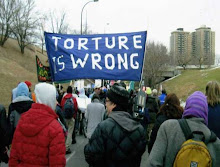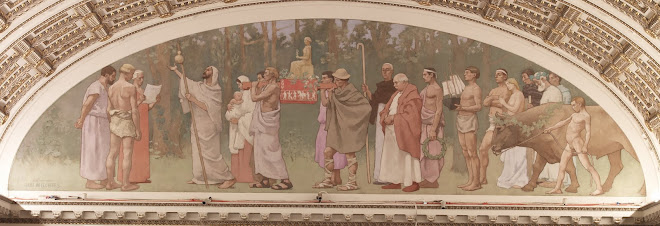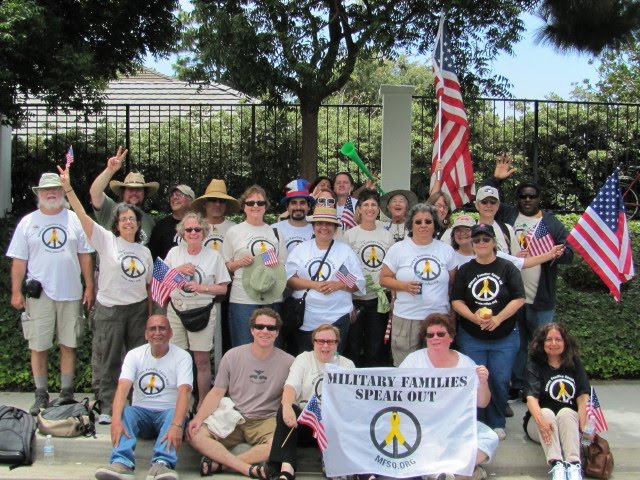Friday, March 28, 2014
How Corporate Money Influences American Politics: Bill Moyers on Government Corruption (2001)
During the Kennedy Administration, Moyers was first appointed as associate director of public affairs for the newly created Peace Corps in 1961. He served as Deputy Director from 1962 to 1963. When Lyndon B. Johnson took office after the Kennedy assassination, Moyers became a special assistant to Johnson, serving from 1963 to 1967. He played a key role in organizing and supervising the 1964 Great Society legislative task forces and was a principal architect of Johnson's 1964 presidential campaign. Moyers acted as the President's informal chief of staff from October 1964 until 1966. From July 1965 to February 1967, he also served as White House press secretary.[3] >Bill Moyers Presentation<
Wednesday, March 26, 2014
Chris Hedges: What Is It Really Like to Be in a War Zone? Costs, Myths, Politics, Activism (2005)
Critics of the invasion claimed that it would lead to the deaths of thousands of Iraqi civilians and soldiers as well as Coalition soldiers, and that it would moreover damage peace and stability throughout the region and the world.
Another oft-stated reason for opposition is the Westphalian concept that foreign governments should never possess a right to intervene in another sovereign nation's internal affairs (including terrorism or any other non-international affair). Giorgio Agamben, the Italian philosopher, has also offered a critique of the logic of preemptive war. >Informative Discussion<
Another oft-stated reason for opposition is the Westphalian concept that foreign governments should never possess a right to intervene in another sovereign nation's internal affairs (including terrorism or any other non-international affair). Giorgio Agamben, the Italian philosopher, has also offered a critique of the logic of preemptive war. >Informative Discussion<
Thursday, March 13, 2014
How Washington Wastes Your Money and Why They Won't Stop: Political Cheating & Abuse (1992)
Pork barrel is the appropriation of government spending for localized projects secured solely or primarily to bring money to a representative's district. The usage originated in American English. In election campaigns, the term is used in derogatory fashion to attack opponents. Scholars, however, use it as a technical term regarding legislative control of local appropriations.
>Informative Discussion<
>Informative Discussion<
Wednesday, March 5, 2014
Chris Hedges: Seduction of War - Myths, War on Terror and the Brutality of Combat (2004)
Former U.S. President George W. Bush articulated the goals of the "war on terror" in a September 20, 2001 speech, in which he said it "will not end until every terrorist group of global reach has been found, stopped and defeated." In that same speech, he called the war "a task that does not end", and was used by President Bush in his 2006 State of The Union address.
>Informative Panel Discussion<
>Informative Panel Discussion<
Tuesday, March 4, 2014
How France Influenced America: Slave Rebellions, Wars, Investment Schemes, Secret Diplomacy (1989)
In the American Revolutionary War (1775--1783), France fought alongside the United States, against Britain, from 1778. French money, munitions, soldiers and naval forces proved essential to America's victory over the Crown, but France gained little except large debts.
>Informative Interview<
>Informative Interview<
Subscribe to:
Posts (Atom)




























































































































